
Roger Highfield, Science Director, gazes into his crystal ball to glimpse the experiments, projects and innovations that will make headlines in the coming year.

Roger Highfield, Science Director, gazes into his crystal ball to glimpse the experiments, projects and innovations that will make headlines in the coming year.
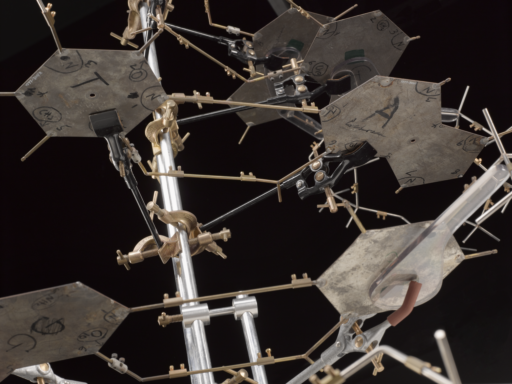
A previously overlooked letter, article and exhibit suggest the British chemist Rosalind Franklin contributed more to revealing the ‘secret of life’ than thought, reports Science Director Roger Highfield.
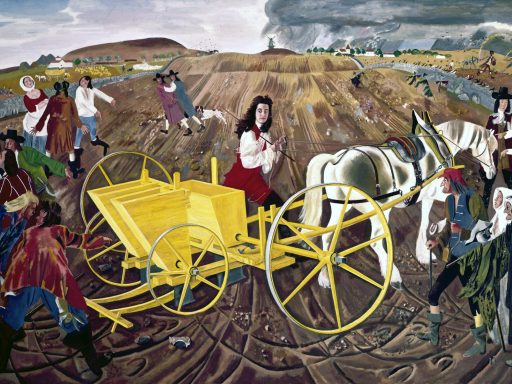
A milestone international survey of public attitudes conducted for the museum reveals concern about food waste but widespread lack of understanding about the link between food production and climate change. Roger Highfield, Science Director, reports.
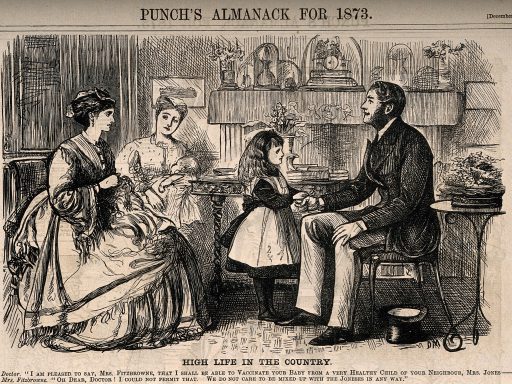
Vaccines have met with suspicion and hostility for as long as they have existed. In this blog post, Sir Ian Blatchford reflects on how the tone of debate between scientists and vaccine opponents has been remarkably unchanged since Victorian times.
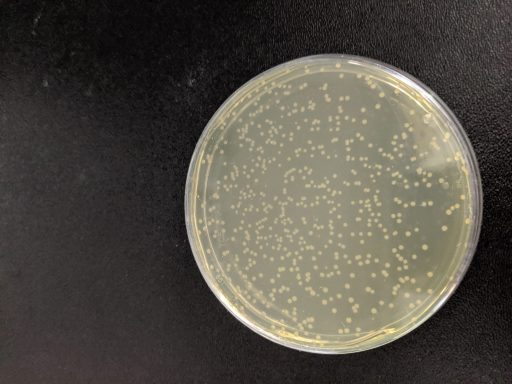
Roger Highfield, Science Director, describes how genetic engineering has been taken to a new level by artificial organisms that can make novel kinds of polymer, an advance with potentially huge implications for medicine, catalysts, materials and more.
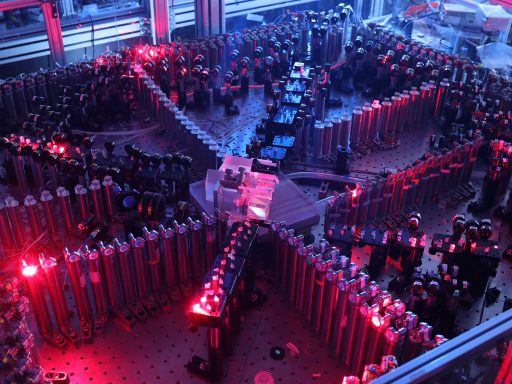
Roger Highfield, Science Director, discusses the latest milestone in quantum computing with Prof Chao-Yang Lu.
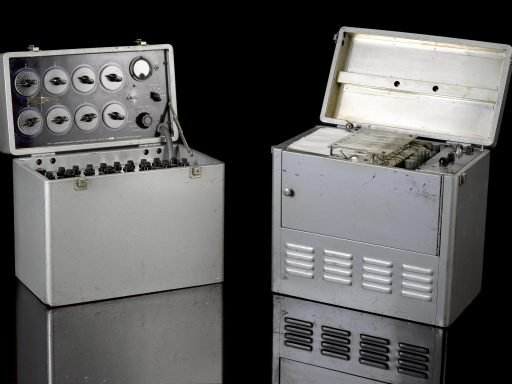
Roger Highfield, Science Director, helped judge the annual Max Perutz Science Writing Award, which this year was dominated by entries about cancer
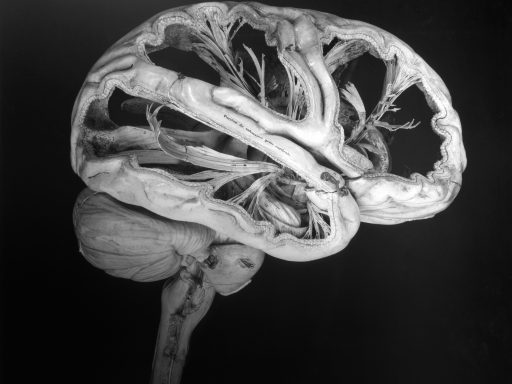
Dr. Dimitrios Adamos and Dr. Stefanos Zafeiriou from the Department of Computing, Imperial College London explore how brain waves can tell you about the music you listen to as part of a Live Science residency at the Science Museum that ran from February – March 2020.
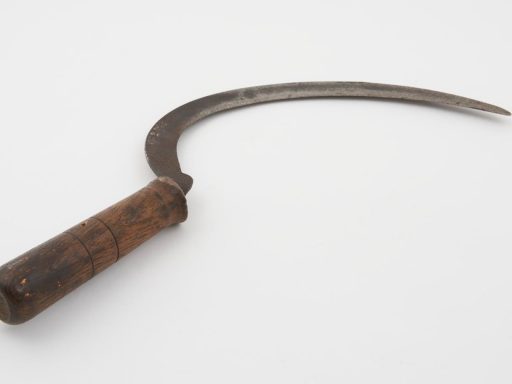
As a new display featuring a model of a red blood cell showing abnormalities goes on display in Medicine: The Wellcome Galleries, research fellow Shelley Angelie Saggar explores how Thalassemia has been perceived culturally throughout history.
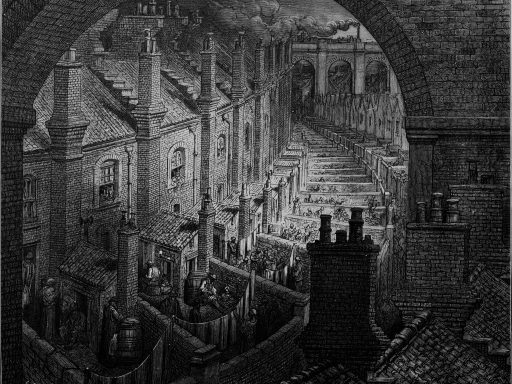
As part of a new season of free exhibitions and galleries this autumn at the Science Museum, we explore some of the big questions that inspire our galleries, exhibitions and events programme.
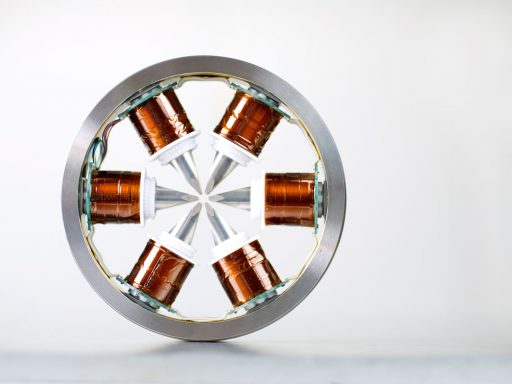
Roger Highfield, Science Director at the Science Museum Group and judge of the European Inventor Award introduces this year’s finalists and explains how to vote for your favourite.
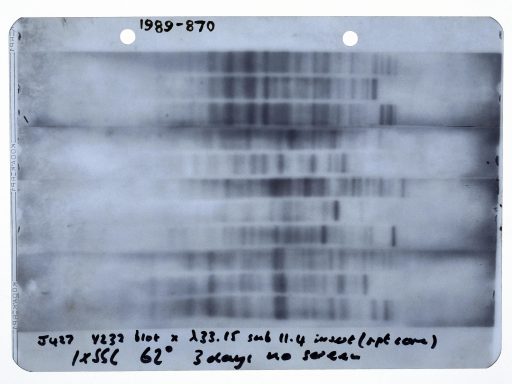
Margaret Campbell explores the science of solving crimes, from the world of CSI to DNA finger prints and forensic chemistry in the real-life judicial system.